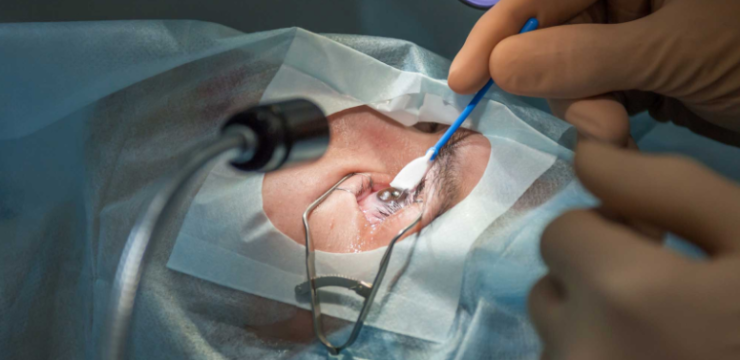As people seek effective ways to manage their mental well-being, acupuncture for stress relief and anxiety has emerged as a valuable therapeutic option. This ancient practice, rooted in Traditional Chinese Medicine (TCM), offers a holistic approach to alleviating stress and anxiety. This guide will explore how acupuncture can help manage these conditions, its benefits, and what to expect from treatment.
What Is Acupuncture?
According to TCM, these points are located along pathways known as meridians, which are believed to be channels of energy, or Qi (pronounced “chee”). The aim of acupuncture is to balance the flow of Qi, thereby promoting the body’s natural healing processes.
How Acupuncture Helps with Stress and Anxiety
1. Balancing the Body’s Energy
Stress and anxiety often disrupt the body’s natural balance, leading to symptoms such as tension, restlessness, and irritability. Acupuncture for stress and anxiety relief works by targeting specific acupuncture points that correspond to stress and emotional well-being. By stimulating these points, acupuncture helps to restore balance and harmony in the body’s energy flow, which can reduce feelings of stress and anxiety.
2. Regulating the Nervous System
By affecting the release of neurotransmitters and hormones, acupuncture helps to regulate the nervous system’s response to stress. This can result in a decrease in the production of stress hormones like cortisol and an increase in feel-good chemicals such as endorphins, leading to a more relaxed state.
3. Enhancing Blood Flow and Relaxation
The insertion of needles during acupuncture stimulates blood flow to the areas being treated. Improved circulation can help relieve muscle tension and promote relaxation. This increased blood flow also aids in the delivery of oxygen and nutrients to tissues, contributing to a sense of overall well-being and helping to alleviate symptoms of anxiety.
4. Promoting Emotional Balance
Acupuncture is believed to have a profound effect on emotional health. By targeting specific points related to emotional well-being, acupuncture helps to balance mood and reduce symptoms of anxiety and depression. Many individuals report feeling more emotionally stable and less overwhelmed after acupuncture sessions.
What to Expect During an Acupuncture Session
Initial Consultation
During your first visit, your acupuncturist will conduct a thorough assessment, including a review of your medical history, lifestyle, and current symptoms. They may ask questions about your stress levels, anxiety, and any other health concerns.
Treatment Process
During the session, you’ll lie down comfortably while the acupuncturist inserts thin, sterile needles into specific acupuncture points. The needles are typically very fine, and most people experience only minimal discomfort. The treatment usually lasts between 30 to 60 minutes. You may feel a sensation of warmth, tingling, or relaxation as the needles work.
Post-Treatment Experience
After the session, you may experience a sense of calm and relaxation. It is common to feel more at ease and less anxious. The effects of acupuncture can vary from person to person, and multiple sessions may be needed to achieve the desired results. Your acupuncturist will provide guidance on how often you should schedule treatments based on your individual needs.
Benefits of Acupuncture for Stress and Anxiety
1. Non-Invasive and Drug-Free
Acupuncture offers a non-invasive, drug-free alternative to managing stress and anxiety. It focuses on natural healing without the use of pharmaceuticals, making it a suitable option for those looking for holistic treatments.
2. Personalized Treatment
Treatments for acupuncture for stress, are tailored to each individual’s specific needs. By addressing the root causes of stress and anxiety, acupuncture provides a personalized approach to mental wellness.
3. Complementary Therapy
Acupuncture can be used alongside other therapies and lifestyle changes to enhance overall stress management. It complements practices such as meditation, yoga, and cognitive-behavioral therapy, providing a comprehensive approach to mental health.
Conclusion
Acupuncture for stress relief and anxiety offers a holistic approach to managing these prevalent issues. By balancing the body’s energy, regulating the nervous system, enhancing blood flow, and promoting emotional well-being, acupuncture provides a valuable tool for those seeking to alleviate stress and anxiety. If you are considering acupuncture, consult with a licensed acupuncturist to develop a treatment plan tailored to your needs. With its non-invasive and personalized approach, acupuncture is an effective component in your journey towards greater mental and emotional health, fitting seamlessly within the framework of integrative medicine in Austin. Interested in knowing more? Visit Ashra Integrative Medicine.






Most Commented Posts